The Ripple Effect
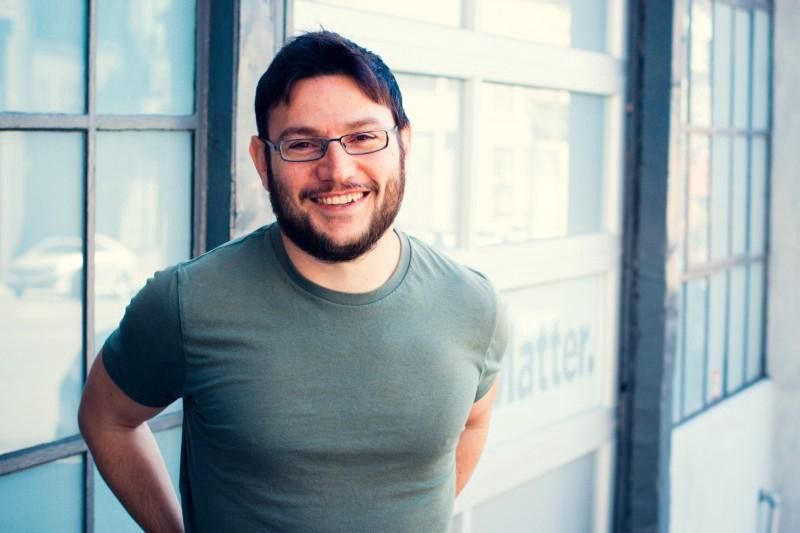

We are proud to announce that Matter Ventures has made a fifth non-accelerator investment, in Ripple.co!
The city-focused news platform powered by local journalists and storytellers has raised $4M in funding to tackle hyperlocal news discovery through a combination of location technology and a contributor community.
Other investors include Rakuten, Greylock Partners, Graph Ventures, Social Capital, Charles River Ventures, John S. and James L. Knight Foundation, Eric Schmidt’s Innovation Endeavors, Pejman Mar Ventures, 500 Startups, Joi Ito, Director of MIT Media Lab, and angel investors Blake Krikorian, Magdalena Yesil and Shane Smith.
Ripple is a web and mobile app that shines a spotlight on local stories at the neighborhood level. These stories, says its founder Razmig Hovaghimian, go largely untold or undiscovered — but with the right amplification, they have the potential to become global narratives. Not only is Ripple a compelling media product, it’s an example of the curious, tenacious, mission-driven entrepreneurship that we at Matter want to celebrate and elevate.
Matter’s Managing Partner, Corey Ford, says of the investment: “It’s not every day you come across such an experienced founder tackling the core problem of how informed we are as a society. For us it was an absolute no-brainer to get behind Razmig and support him on his next big adventure.”
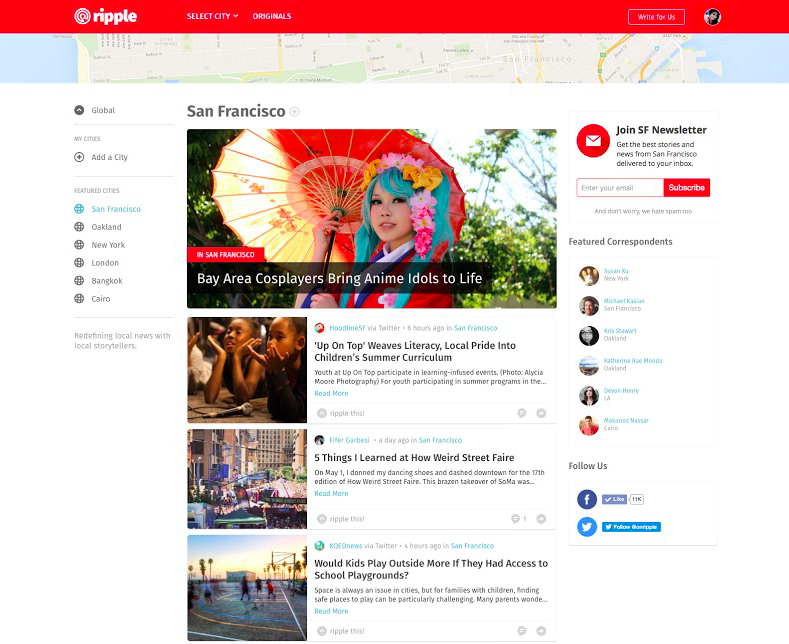
From East to West to East to West
You’d be hard-pressed to find a founder with a more global personal narrative than Razmig. Born and raised in Cairo to an Armenian family, he moved to LA alone when he was 16 years-old to attend high school, working the graveyard shift at a gas station and at a Subway in the evenings to fund his studies. At winter school, where he had to take extra classes to catch up with the U.S. high school curriculum, he met his future wife, an exchange student from Nagano, Japan, who’s now an award-winning filmmaker.
Razmig’s startup education goes back to that decision to fly halfway around the world in search of opportunities in the United States.
“Maybe I was my first startup. I had to come and figure it out. I know I always wanted to build, and I know I wanted to do it outside of my comfort zone. I like ambiguity, fast pace and feel most creative when the difficulty level is high. You’re forced to build.” ~ Razmig Hovaghimian
After his first business idea (a late night pizza delivery service using a bakery’s ovens after hours) flopped, Razmig was accepted to the University of California at Berkeley to study Political Economy with a minor in Business Administration. He then worked as a management consultant in Japan before attending Stanford Business School for his MBA. He and his wife have been taking turns to move for each other since high school. Their first child was born in the United States, their second child was born in Singapore. They also lived for some time in London, and have recently returned to the San Francisco Bay Area.
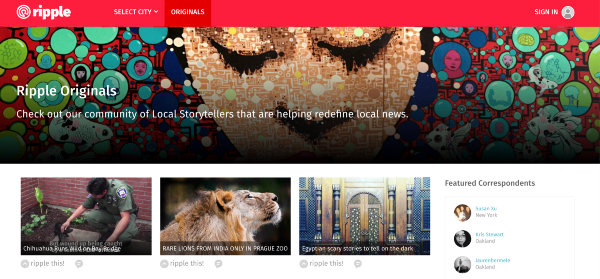
Despite, or perhaps because of, his broad global perspective, Razmig has chosen to focus his third enterprise, Ripple, on hyperlocal news reporting. That’s not only because he’s convinced there is an unsatisfied appetite for it among consumers, but because he thinks it will help bridge the gap between individuals, communities and even nations.
“Untold stories are all around us, from yours, to your neighbor’s, to those from far away who have more in common with us than we may think,” he says. “We want to create narratives that connect our human stories across borders.”
Crossing borders
The genesis of Ripple goes back to 2006 when Razmig spent the summer between his first and second years at Graduate School with the United Nations in Sudan. This was when Sudan was one nation (in 2011 South Sudan seceded from the North and became an independent country). “There were untold stories all around me,” Razmig says of his time in Juba, living in a tent. “From seeing thugs rent guns for $5 a night, to foreign prisoners building oil rigs, to discovering that a simple rainfall insurance could solve centuries’ old tribal conflicts, to seeing dozens of war children return home to Uganda and share their stories of conflicts we had never heard of. Crazy stuff that never made it to CNN or the BBC.”
He dabbled with creating a citizen journalism platform for Nokia Symbian phones, which were all the rage back then, called My Voice: “I thought what if I could build an app where you could just snap a photo and share the story with the world?” But it was too early, so he shelved the project.
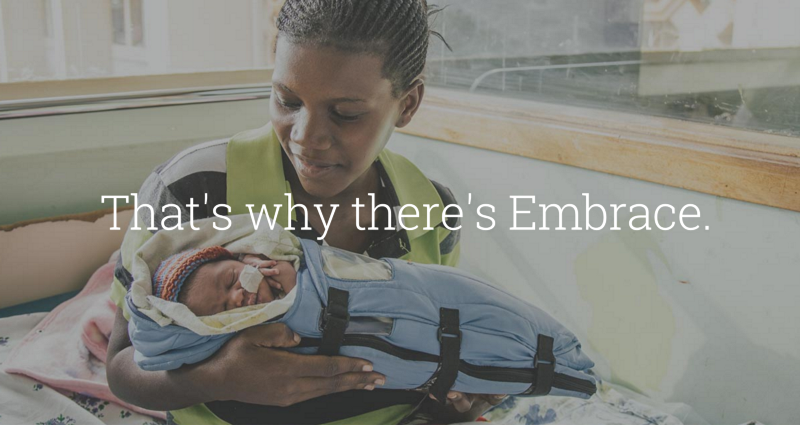
Embracing Embrace
His next venture, Embrace, was born out of a group project at the Stanford d.school where Razmig was classmates with Corey Ford. The students were applying design thinking principles such as need-finding and prototyping to entrepreneurship. Embrace, which is now part of Thrive Networks, developed a portable, reusable incubator for premature babies, decreasing the unit cost from $20,000 to $25, making them accessible to communities in developing countries.
After the class ended, his team knew they had cracked a difficult problem and wanted to continue with their social enterprise. They raised money for further R&D. It took four years to bring the product to market — Razmig says they since learned that calling it a “medical device” automatically created more bureaucratic hurdles — and the moved manufacturing to India, one of the nations where demand is highest. The Embrace Warmer is now distributed in 14 countries, served more than 200,000 infants, and has won international recognition.
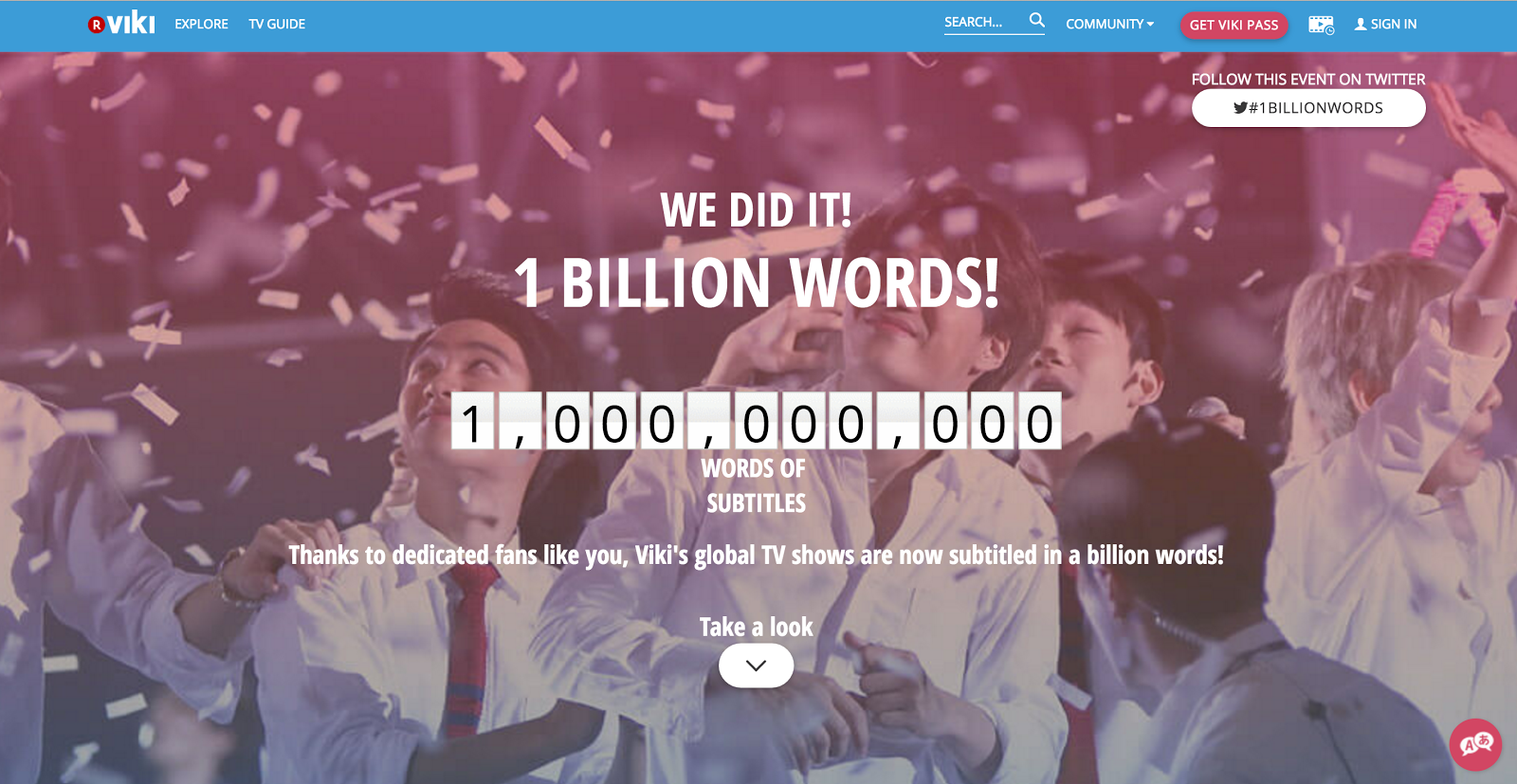
Viki: Wiki(pedia) + Video
Razmig’s next venture, Viki, evolved to position him at the intersection of media and technology. He defines Viki as “Hulu for the rest of the world, with a community of tens of thousands of fans translating TV shows and movies into more than 200 languages.” Originally intended to be a language-learning tool through subtitles, Viki developed over time into a global TV platform unlocking premium content and distributing shows to the rest of the world.
In 2009, Razmig decided to quit his job as a senior VP at NBC Universal and pursue Viki full-time, having perceived the need for big studios to look aggressively outside the U.S. to new markets for growth opportunities. Propelled by a US$4.3 million series A round co-led by LinkedIn co-founder Reid Hoffman at Greylock Partners and Marc Andreessen at Andreessen Horowitz, Viki introduced its content arbitrage business model to the world.
“It’s too expensive to license TV shows for the home market. We began primarily licensing shows from Asia and brought them to the U.S., Europe and Latin America. Once the Viki community put subtitles in English, Spanish and other languages, we opened up the whole world to TV series and movies, increasing the content’s reach by more than five times on average, and at a fraction of the cost.” ~ Razmig Hovaghimian
By crowdsourcing translations by up to 500 people at once, Viki can usually offer a video with subtitles in 10 languages within 24 hours. Its most popular shows regularly reach more than 50 languages. The subtitles are up-voted or down-voted and locked in by a designated moderator. Razmig says quality is so high that broadcasters are coming to Viki asking for subtitling support rather than hiring translators themselves.
Viki now supports more than 200 languages, close to 20% of which are endangered. Per month, viewing time is in the billions of minutes; monthly active users surpass 40 million.
Razmig says that the team started licensing content globally and learning lessons from the audience data, which sometimes revealed surprising trends: “We have North Koreans watching South Korean shows, we have Greeks watching Turkish shows, we have Egyptian films breaking first in Indonesia, we have Japanese TV series with the first language translated on it being Tagalog or Lithuanian.” He refers to Viki as the “torso” of the content body — Hollywood is the prominent head, YouTube is the long, fragmented tail, and Viki makes accessible all the shows in-between.
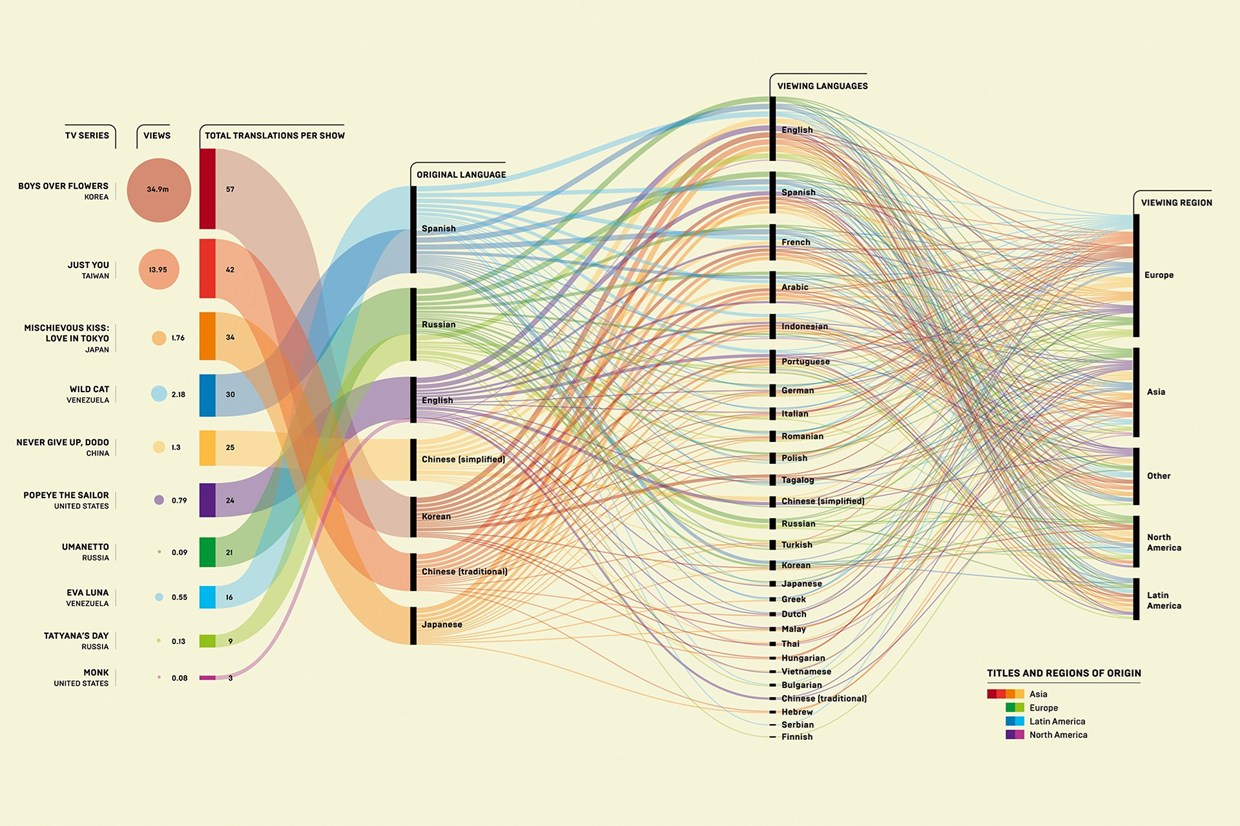
The success of Viki underscored Razmig’s belief in the power of media, technology and community to act as the connective tissue of society. He fondly remembers how he and his father would watch Bollywood movies together every Saturday in Cairo. “We wouldn’t understand it but we would be so entertained,” he reminisces. “[Viki is] building this cultural bridge between great entertainment and fans elsewhere. Global content is so important because it has so many stories and layers that can cut across cultures.”
Rakuten, the Japanese e-commerce company, acquired Viki in 2013 for more than $200 million. Razmig became the company’s Senior Executive Officer of Global Content and sits on the Rakuten board as an observer. But it was time for him to revive an old passion project.
Returning to Ripple
“We said we’ll do it if it’s important, before it’s big. Hopefully, it’s both.” ~ Razmig Hovaghimian
Ten years after he had the My Voice idea in Sudan, Razmig got together with a couple of “inspiring” friends to explore it anew. He slowly recruited Ripple’s founding team from his various projects, as well as from YouTube News and The State, to build out the app. They started with data science, analyzing troves of data from various sources, including Twitter, to map news sources by city.
In so doing, they realized that out of millions of news and local stories breaking each day, less than 5% were tagged by location coordinates. They also found that in many cities, neighborhood-level stories were missing — the stories Razmig felt were critical to sparking real conversations in a community. The next step was to develop a pilot program to recruit local storytellers in San Francisco and Oakland, California, to report on the neighborhoods they live in. Recruitment later expanded to New York, London, Cairo and Bangkok.
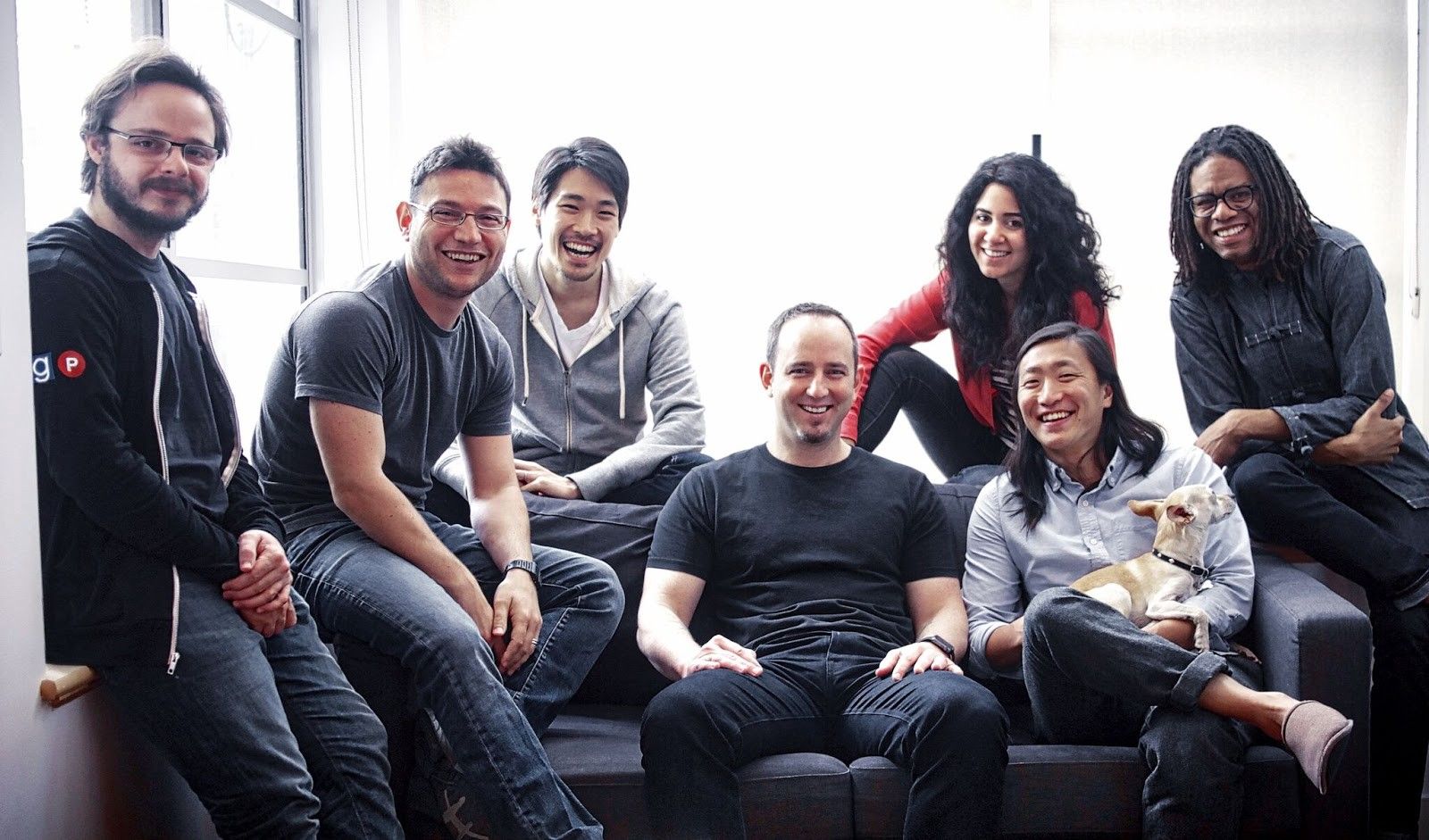
The lifeblood of Ripple’s platform today is its city news feeds. Ripple offers video news and stories through its community of contributors, known as Ripple Correspondents, combined with curated news from local media partners. Users in San Francisco’s Mission District, for example, will find daily stories from Ripple Correspondents on the ground in the Mission, who live and report from there, as well as from hyper-local news partners, such as KQED (NPR), Mission Local and Hoodline. Global content partners include VICE Media, Coconuts Media, Global Voices, News Deeply (a Matter Four company) and Bustle.
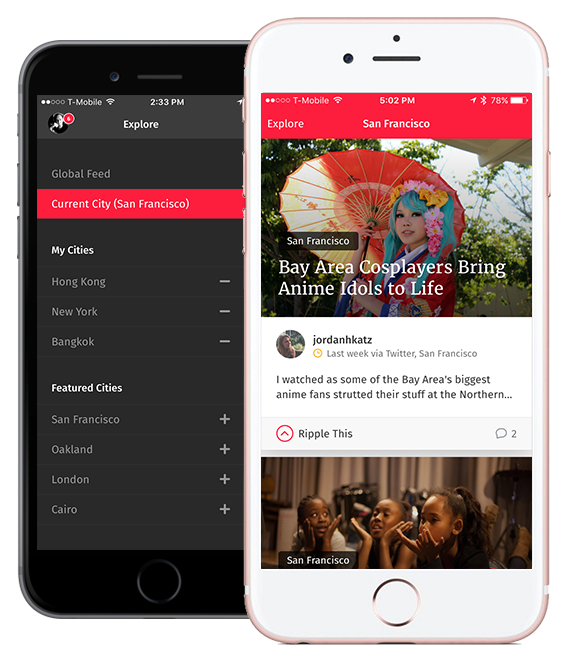
Each city has about ten dedicated Ripple correspondents writing fresh, hyper-local stories. In the future, about half of their stories will be video. “Think about Ripple as your ‘nearby button,’” says Razmig. “Wherever you are you can get a feed that’s very specific to your location, even within a city.” Users will be able to “ripple” stories they like to a larger audience and broader radius.
Razmig feels that news in its current form is still very one-directional, with journalists doling out the stories they believe people want to read or watch (a model that Matter Four portfolio company Hearken is also seeking to overturn). His mission for Ripple aligns with his early urge to create a citizen journalism app, bringing to light hidden narratives and sparking conversations around them. Now a much more seasoned entrepreneur, his approach been refined and informed by his experiences building Embrace and Viki. He’s focusing first on the intersection of content and community, which he says is 80% of the product, and the part that excites him the most.
“I love the untold stories. We want to focus on the stories that matter. Ripple’s a little bit like Viki in that it’s also the torso of news and local stories. It’s not the head, it’s not what you’re going to see on CNN or BBC, but it’s not the clickbait stories either. It’s that important middle, which is broken at the discovery level, is largely underreported, and it won’t even index if you don’t ‘follow’ the right people. We’re here to unlock millions of stories around us that are waiting to be seen.” ~ Razmig Hovaghimian

